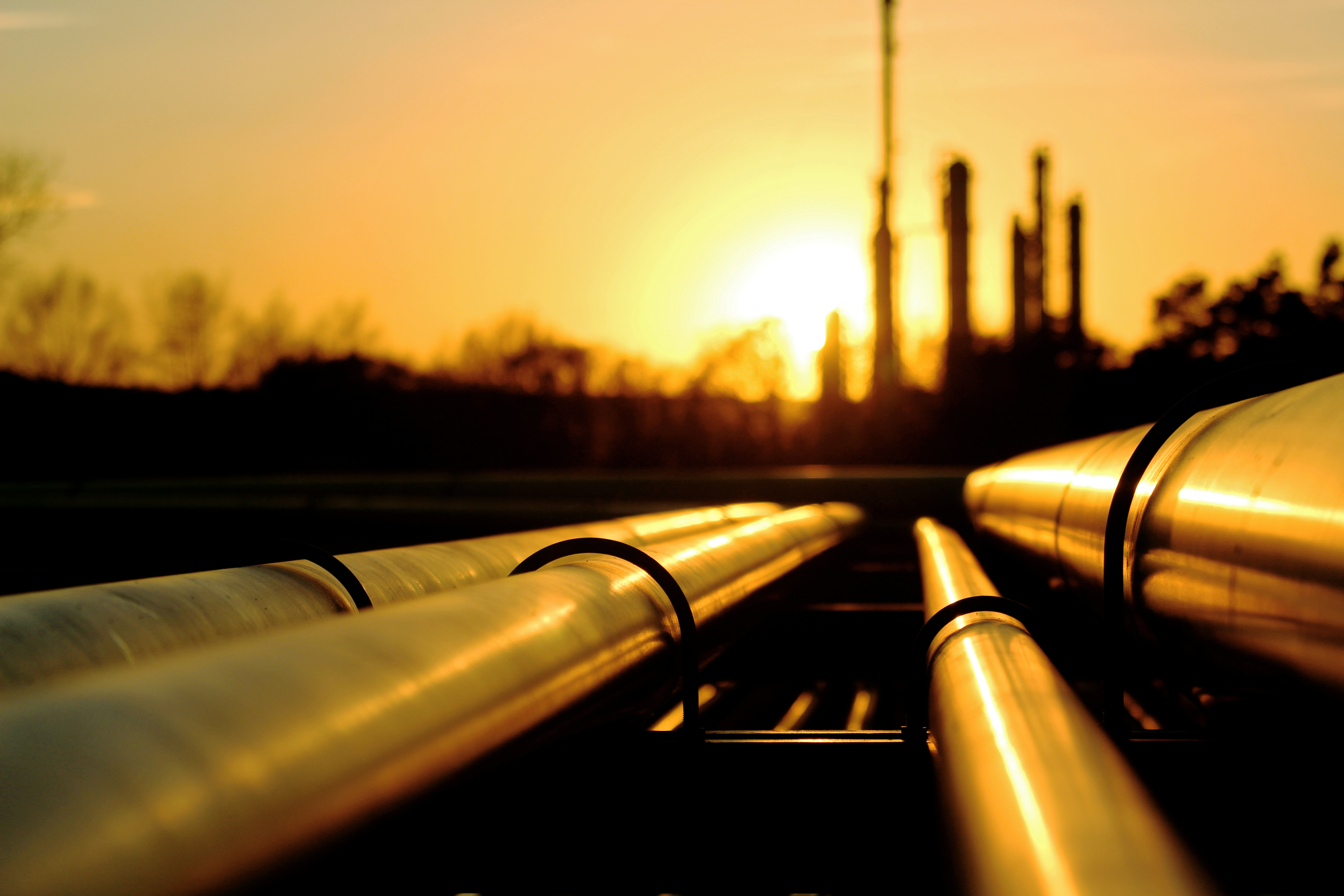By Jeffrey Karp, Senior Counsel, and Edward Mahaffey, Legal Research and Writing Attorney
The Biden administration has been announcing a new series of actions to address climate change, relying on executive power due to insufficient support in Congress. On July 27, 2022, however, Senators Charles Schumer (D-NY) and Joe Manchin (D-WV) unexpectedly agreed on a bill, the Inflation Reduction Act (“Act”), which would include many provisions intended to reduce greenhouse gas emissions, alongside other policies such as deficit reduction and prescription drug price negotiation. The Senate passed the bill on August 7, 2022, followed by the House on August 12.



.jpg?width=220&name=Sullivan%204c(B2402503).jpg)